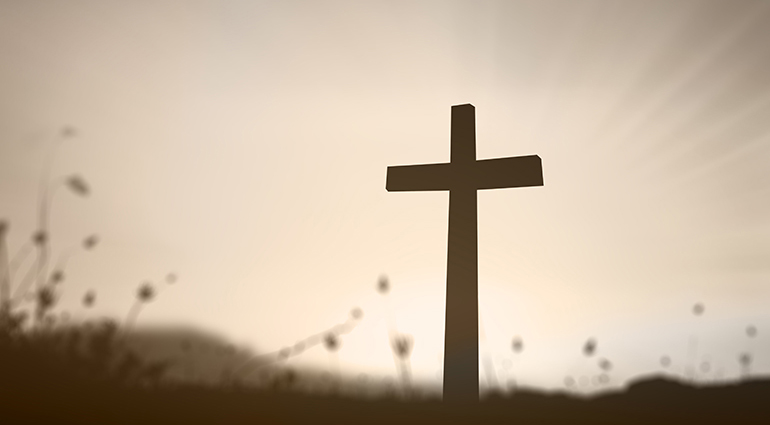Interrupted Fellowship
My God, my God, why have you forsaken me? Matthew 27:46
The loud, sorrowful cry pierced the dark afternoon air. I imagine it drowning out the sound of mourning from friends and loved ones gathered at Jesus’s feet. It must have overwhelmed the moans of the dying criminals who flanked Jesus on both sides. And surely startled all who heard it.
“Eli, Eli, lema sabachthani?” Jesus cried out in agony and in utter despondency as He hung on that cross of shame on Golgotha (Matthew 27:45–46).
“My God,” He said, “my God, why have you forsaken me?”
I cannot think of more heart-wrenching words. Since eternity, Jesus had been in perfect fellowship with God the Father. Together they had created the universe, had fashioned mankind in their image, and planned salvation. Never in the eons past had they not been in total fellowship with each other.
And now, as the anguish of the cross continued to bring devastating pain on Jesus—He for the first time lost the awareness of God’s presence as He carried the burden of the sins of the world.
It was the only way. Only through this time of interrupted fellowship could our salvation be provided for. And it was only because Jesus was willing to experience this sense of being forsaken on the cross that we humans can gain fellowship with God.
Thank You, Jesus, for experiencing such pain so we could be forgiven.











